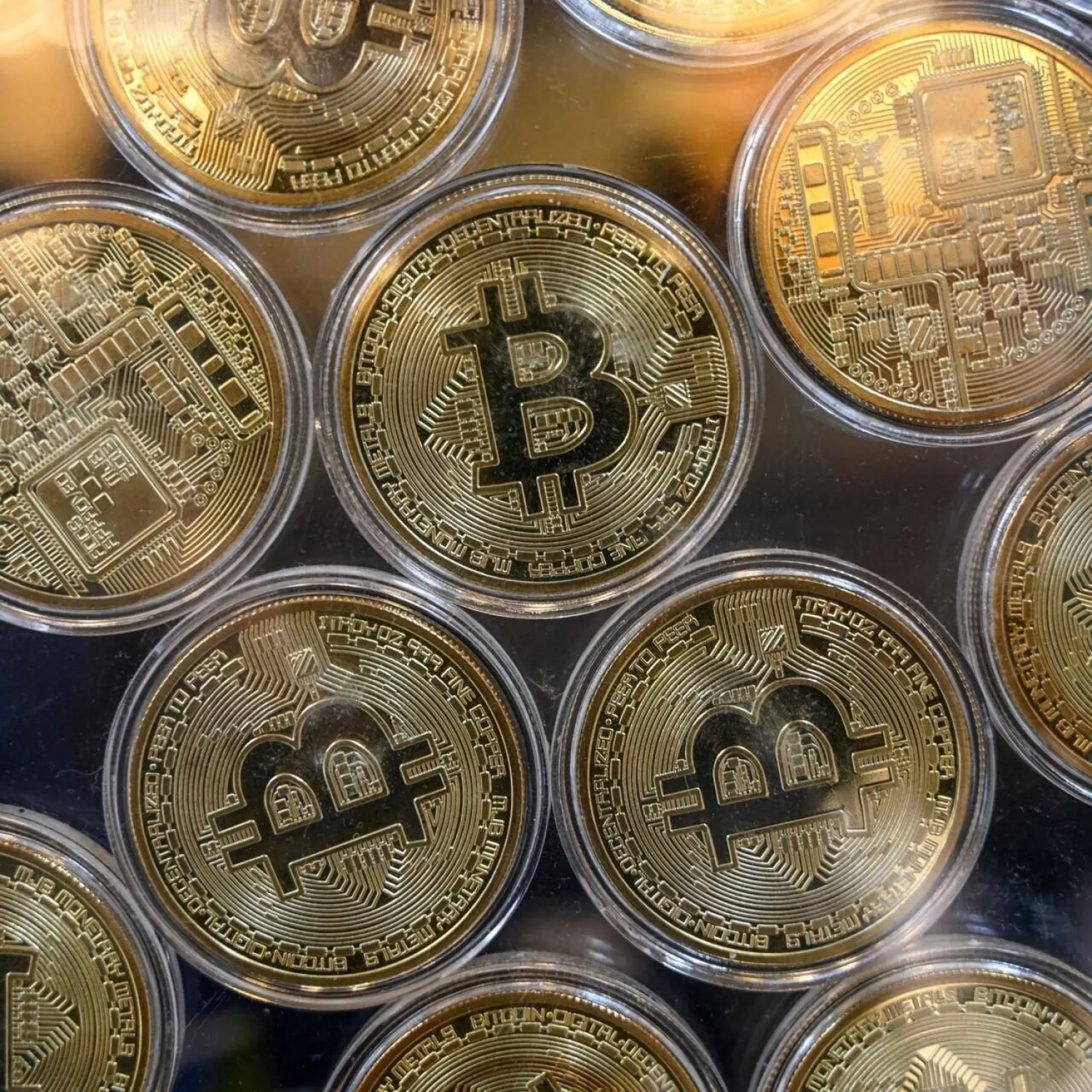Top cryptocurrency bitcoin hit a fresh two-month low on Friday, breaking out of its recent tight range as a wave of risk averse sentiment swept through world markets.
On Thursday, bitcoin fell 7.2% in its biggest one-day drop since November 2022 when top exchange FTX collapsed.
It then slipped to a two-month low of $26,172 during Asian trading hours on Friday, its lowest since June 16. By 0835 GMT, it had partly recovered to $26,441, down 0.8% on the day, Reuters said.
Global markets have been hit by a wave of selling, with Wall Street's main indexes closing lower on Thursday and Asian shares heading for a third week of losses over concerns about China's economy and fears that US interest rates would stay higher for longer given a resilient economy.
Ether, the second biggest cryptocurrency, was steady at $1,685.20, having also dropped sharply on Thursday.
Some analysts attributed crypto's drop to a Wall Street Journal report that Elon Musk's SpaceX sold its bitcoin holdings after writing the value down by $373 million. Musk is influential among crypto enthusiasts, and bitcoin prices have previously moved in response to his tweets.
The SpaceX report was the "immediate catalyst" for bitcoin's sell-off, said Ben Laidler, global markets strategist at eToro.
"The broader driver is that crypto assets are not immune to the deepening risk-off selling pressure seen across all asset classes," Laidler added.
Joseph Edwards, head of research at Enigma Securities, attributed the bitcoin price move to low volatility and a lack of enthusiasm from retail investors.
Bitcoin had been hovering close to $30,000 in recent months, having gradually recovered this year after dropping sharply in 2022 when various crypto firms collapsed, leaving investors with large losses.
Crypto markets were boosted in June by BlackRock applying to launch a spot bitcoin exchange-traded fund (ETF) in the United States. Some investors interpreted that move as an indication that the US Securities and Exchange Commission would approve spot bitcoin ETF applications from various asset managers, including Grayscale.
"The big concern right now is that this might be a frontrun on the outcome of Grayscale's lawsuit against the SEC; optimism on that front has been keeping markets inflated above whether they might otherwise be for much of the summer," Edwards said.
Bitcoin Drops to New Two-month Low as World Markets Sell Off

File photo: Physical imitation of Bitcoins are pictured at a cryptocurrency exchange branch near the Grand Bazaar in Istanbul on October 20, 2021, a day after Bitcoin took another step closer to mainstream investing with the launch of a new security on Wall Street tied to futures of the cryptocurrency. Ozan Koze, AFP archive

Bitcoin Drops to New Two-month Low as World Markets Sell Off

File photo: Physical imitation of Bitcoins are pictured at a cryptocurrency exchange branch near the Grand Bazaar in Istanbul on October 20, 2021, a day after Bitcoin took another step closer to mainstream investing with the launch of a new security on Wall Street tied to futures of the cryptocurrency. Ozan Koze, AFP archive
لم تشترك بعد
انشئ حساباً خاصاً بك لتحصل على أخبار مخصصة لك ولتتمتع بخاصية حفظ المقالات وتتلقى نشراتنا البريدية المتنوعة







